|
|
|
|
As I write this, Hurricane Ian has begun lashing the Florida coast with rain and high winds after causing a wave of destruction and wiping out electricity service in Cuba. As Floridians consider the possibility of extended power outages, a team of researchers published a report yesterday on the potential for rooftop solar panels and batteries to provide power during extended outages. In short, they found these systems, while not cheap, in many cases can allow homes to keep essential power for a few days. Also check out a hair-raising account of riding a plane through the eye of a hurricane to gather data and our story on why Ian poses a major flood risk.
A story that sounds like science fiction details how NASA this week successfully crashed a refrigerator-size spacecraft into an asteroid in an attempt to change its orbit. It was an important test to see if the technique could work to deflect an asteroid from hitting the Earth some day in the future. David Barnhart, professor of astronautics and director of the Space Engineering Research Center at the University of Southern California, provides a blow-by-blow of what NASA engineers saw and expect to learn as data from the proof of concept comes in over the coming weeks.
Even as Hurricane Ian raises fears of flooding, large parts of the western U.S. and other parts of the world are in a state of drought. Desalination sounds like it’d be a good solution for coastal regions and, as UCLA water expert Gregory Pierce writes, the technology is a major water source in Israel and United Arab Emirates. But, as he explains, “current evidence shows that even in coastal cities, ocean desalination may not be the best or even among the best options to address water shortfalls.” He unpacks the environmental and economic issues communities should consider around desalination plants and offers better alternatives.
Also in this week’s science news:
If there’s a subject you’d like our team of science editors to investigate, please reply to this email.
|

|
Martin La Monica
Director of Editorial Projects and Newsletters
|
|
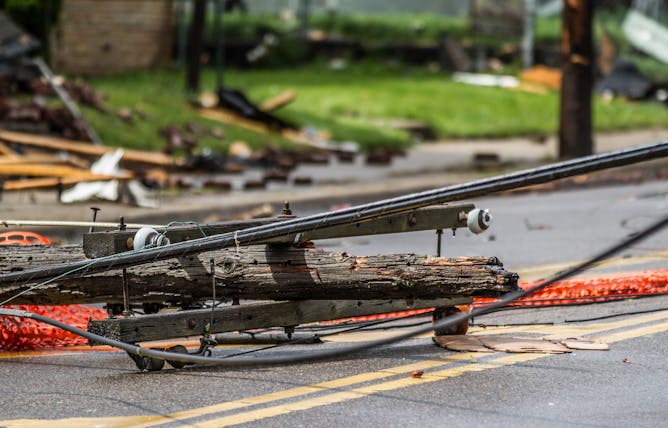
Downed powerlines can mean weeks without power.
Tony Webster via Flickr
Will Gorman, Lawrence Berkeley National Laboratory; Bentham Paulos, Lawrence Berkeley National Laboratory; Galen Barbose, Lawrence Berkeley National Laboratory
A study of real-world disasters shows home solar and storage could keep the lights on and the air conditioner running during many outages, but not all.
|
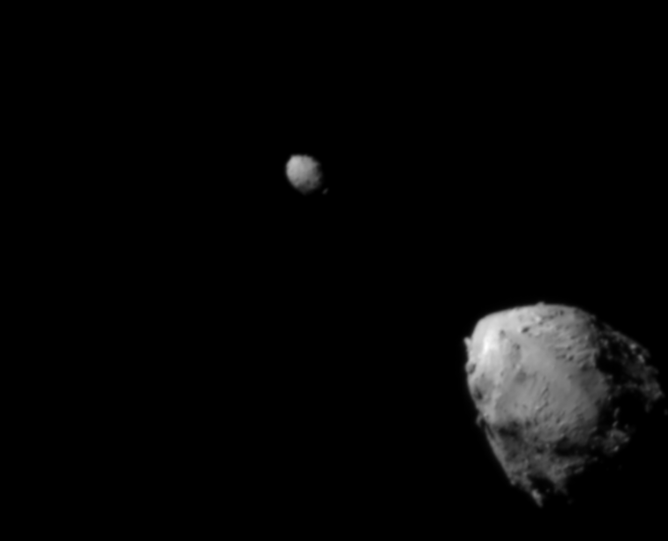
Didymos (bottom right) and its smaller moonlet Dimorphos (center) were the targets of the Double Asteroid Redirection Test.
NASA/Johns Hopkins APL
David Barnhart, University of Southern California
The Double Asteroid Redirection Test successfully showed that it is possible to crash a spacecraft into a small asteroid. Whether the approach could save Earth from a future threat remains to be seen.
|
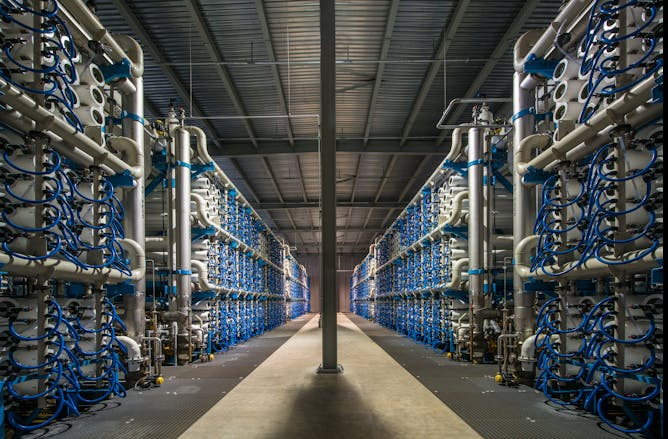
The Carlsbad Desalination Plant in Southern California is the largest such plant in the Western Hemisphere, providing 50 million gallons of desalinated seawater per day.
Reed Kaestner via Getty Images
Gregory Pierce, University of California, Los Angeles
Nearly 97% of the world’s water is in the oceans, but desalination is no magic bullet for water-stressed coastal cities.
|
|
|

Carla A. Pfeffer, Michigan State University
Testosterone therapy is often essential for the health and well-being of transmasculine people. The choice to stop it to pursue pregnancy can be a difficult one.
| |

Deepasri Prasad, Dartmouth College; Wilma Bainbridge, University of Chicago
People are puzzled when they learn they share the same false memories with others. That’s partly because they assume that what they remember and forget ought to be based only on personal experience.
|
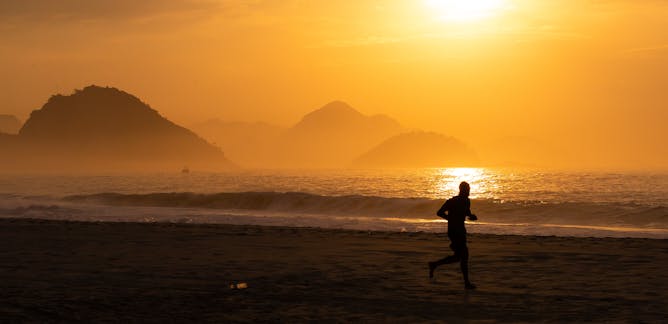
Patrick W. Keys, Colorado State University; Curtis Bell, US Naval War College; Elizabeth A. Barnes, Colorado State University; James W. Hurrell, Colorado State University; Noah Diffenbaugh, Stanford University
Injecting reflective particles into the atmosphere won’t immediately cool the entire planet. A new study shows how parts of the US, China and Europe might still see temperatures rising a decade later.
| |
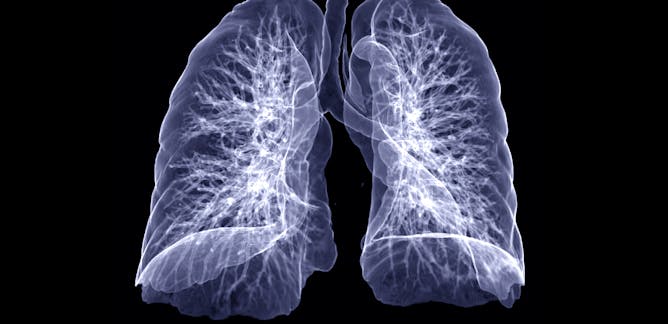
Jeffrey M. Sturek, University of Virginia; Alexandra Kadl, University of Virginia
Understanding how injury and disease, including COVID-19, can impair lung function can help researchers and clinicians better help patients who are experiencing chronic conditions
|
|
|
|
|
-
Daniel O'Leary, University of Southern California
Buying and selling stocks – with real or play money – is a way to harness the wisdom of the crowd about questions like who is going to win a competition.
-
Rebecca Price, University of Pittsburgh Health Sciences
In a new study, a single infusion of the antidepressant – along with repeated exposure to positive imagery – significantly reduced symptoms in depressed patients in a clinical trial.
-
Jason Dunion, University of Miami
The meteorologist leading NOAA’s 2022 hurricane field program describes flying through eyewalls and the technology in these airborne labs for tracking rapid intensification in real time.
-
Scott Denning, Colorado State University
The US Senate voted to ratify the Kigali Amendment, agreeing on a bipartisan vote to phase down climate-warming HFCs. Now what?
-
Ronald C. Desrosiers, University of Miami
Antiretroviral therapies for HIV, while extremely effective, need to be taken daily for life. Designing antibody treatments that need to be taken only once could improve compliance and reduce drug resistance.
|
|
|
| | |
| | |
| |
| |
| |
|
|
|